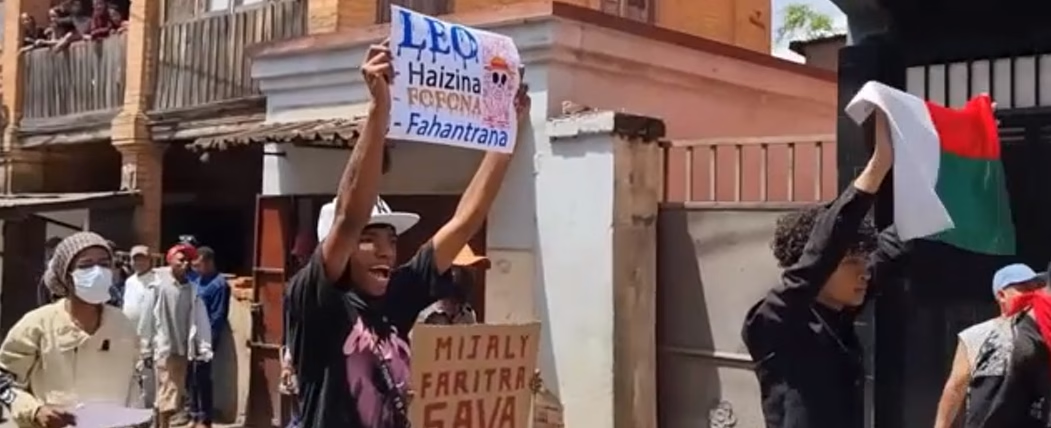For more than a week, Madagascar has been gripped by a wave of demonstrations led predominantly by young people demanding fundamental change. In Antananarivo, a modest music studio has transformed into an organisational hub for activists. Here, students, freelancers and artists – part of the island nation’s Generation Z – have rallied with determination, drawing inspiration from international youth movements.
These young demonstrators have taken cues from the protests in Nepal and Bangladesh, where citizens mobilised against governments accused of corruption or authoritarian tendencies, and where calls for improved living conditions struck a chord across borders.
Student Annah Rahajason, who has been at the studio-turned-supply-point, expressed how international examples fuelled Madagascar’s youth to act.
“Madagascar is on an island, we don’t really know what’s going on outside of it and thankfully, with social media we know that in fact, we can if we want to, and it’s also thanks to Nepal, which influenced us and in turn Madagascar has inspired others”
Rahajason went on to affirm the spirit of her generation.
“And we can be proud of this generation”
The demonstrators’ grievances extend far beyond politics. They have voiced frustration at widespread power cuts, unreliable access to running water, a fragile health care system and restrictions on freedom of expression. To them, these hardships are symptomatic of broader failings in leadership.
Increasingly, the calls have focused on one central demand: the departure of President Andry Rajoelina. Many insist that meaningful reforms cannot be achieved until he steps aside.
Initially peaceful, the movement has been met with a heavy-handed response from the security forces. The armed crackdown only hardened protesters’ resolve, with chants for resignation echoing more urgently across public squares.
In a bid to quell tensions, President Rajoelina dismissed his government on Monday, 29 September. He promised change and attempted to reassure a sceptical public that reforms would follow. But his gesture has so far failed to convince the crowds who insist that genuine transformation requires his own departure.
On Friday, Rajoelina addressed the nation through a video message posted on his official Facebook account. He categorically rejected calls to resign, arguing that the protest movement was being manipulated by political adversaries.
The president alleged that plots were underway to destabilise Madagascar, citing threats to overthrow the government and sabotage energy infrastructure. According to him, these plans were designed not to empower ordinary citizens, but to sow chaos and weaken the country’s institutions.
“Some forces wanted to overthrow the government,”
he said, refusing to concede to pressure from the youth-led demonstrations.
Despite these warnings, protesters remain unshaken in their determination to press forward. Their calls echo beyond Madagascar’s shores, resonating with a broader global pattern of young citizens demanding accountability, social justice and better living conditions from leaders.
The unfolding events suggest a country at a crossroads, where the resolve of Generation Z is meeting the resistance of a president unwilling to relinquish power. The days ahead will reveal whether Madagascar’s rising youth voice can reshape the nation’s political course or whether the government’s grip will hold firm.

















